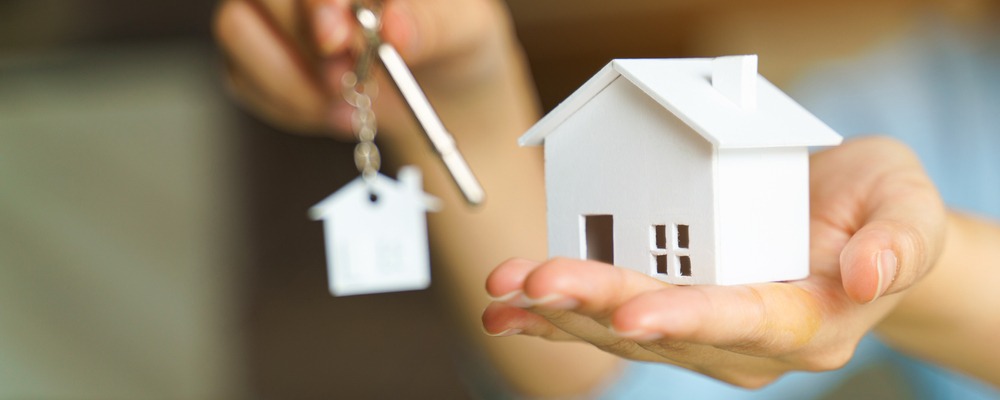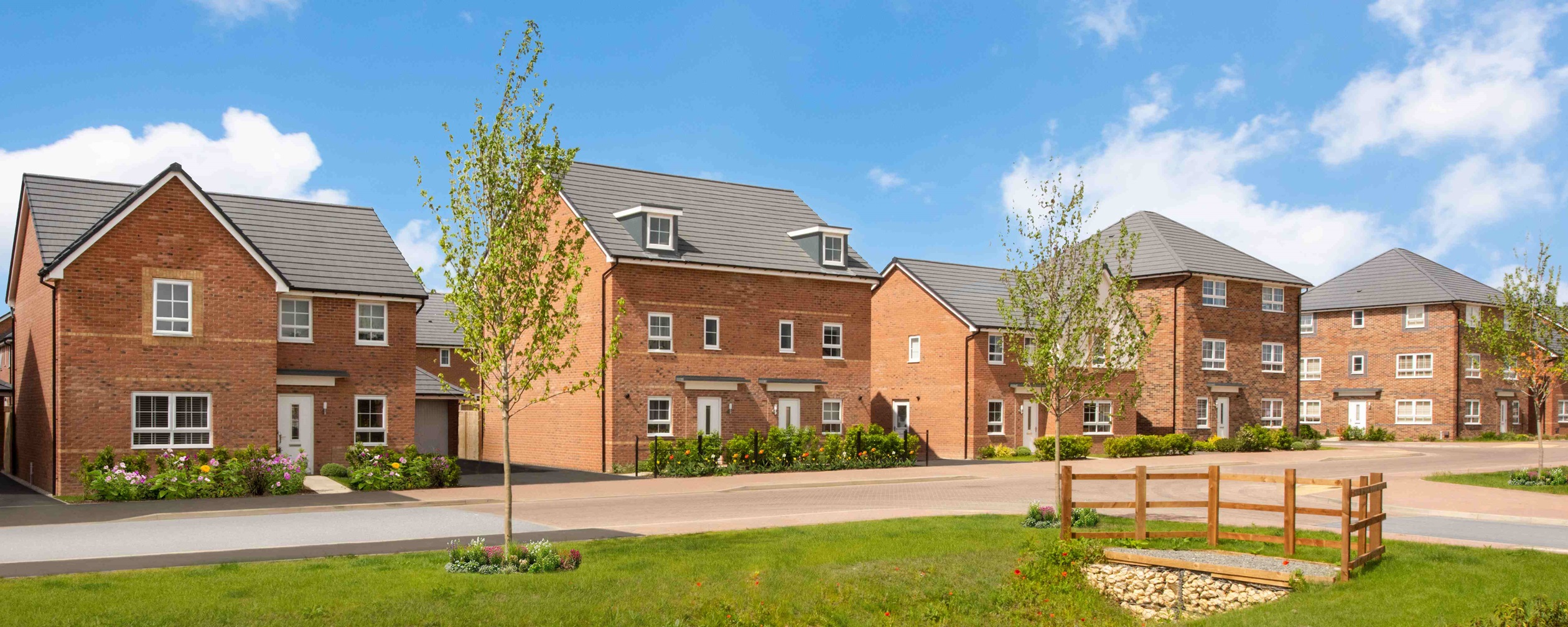
Starting the journey to homeownership is a big step – and one worth preparing for, especially when it comes to expenses. While most people plan for the deposit, it’s the hidden costs of buying a home that often take people by surprise. Knowing what to expect early on can help you feel more prepared and budget accordingly.
From conveyancing fees to Stamp Duty, this guide breaks down the key costs you should be aware of.
From conveyancing fees to Stamp Duty, this guide breaks down the key costs you should be aware of.
1. Mortgage fees and associated costs
When applying for a mortgage, there are several additional costs to consider beyond your deposit. These can vary by lender, but here are the ones you’re most likely to see:• Booking fee – Some lenders charge £100-£250 to reserve your mortgage deal while they process your application. This usually locks in your rate and terms, giving you peace of mind throughout the application process.
• Arrangement fee – charged by most lenders to set up your mortgage, this fee typically ranges between £1,000-£2,000. You can often add this to your mortgage, but this will increase your monthly payments.
• Valuation fee – this covers the cost of valuing the property to ensure it’s worth the amount you’re borrowing. Fees usually range from £300-£600, based on the property’s estimated value
• Broker fee – most mortgage brokers earn a commission from lenders. However, some may charge a set fee of around £500.
• Reservation fee – this is one of the hidden costs of buying a new build home, but this fee secures the property and takes it off the market for you during legal checks and mortgage arrangements. You’ll normally pay £500-£1000, but it’s often deducted from the final price upon completion.
• Early repayment charge (ERC) – a penalty that may apply if you pay off your mortgage early, switch lenders or change your deal before your current one ends. An ERC can potentially cost you thousands of pounds, so make sure to read the terms of your mortgage agreement carefully.
2. Legal and conveyancing fees
Conveyancing is the legal process of buying a home, and it comes with a few key costs. Most solicitors or licensed conveyancers charge a basic fee for services like reviewing and exchanging contracts, communicating with the seller’s solicitor and providing legal advice throughout the process. This fee is generally £1,200-£1,500.You’ll also be responsible for extra costs to cover third-party fees. These are called disbursements and include:
• Search fees – your solicitor will carry out various searches to ensure there are no legal, environmental or planning issues with the home or the land that it sits on. The exact cost varies based on location and the specific searches required, but expect to pay £200-£500.
• Land registration fee – this covers the cost of registering the home in your name with the Land Registry. The amount depends on the property’s type and value, with most costing £45-£300. Check your home’s price band on GOV.UK to see how much you’ll need to pay.
• ID Check fee – to comply with anti-money laundering laws, your solicitor will need to verify your ID using secure electronic checks. This usually costs £6-£25.
• Bank transfer fees – your solicitor or conveyancer will normally handle bank transfers on your behalf and ask you to cover the bank’s fee for securely sending large sums of money, such as your deposit or final balance. You’ll typically pay £20-£50 per transfer.
3. Stamp Duty Land Tax
Although it’s one of the more significant costs of buying a home, Stamp Duty often catches first time buyers off guard. It’s a tax you pay for purchasing residential properties in England and Northern Ireland. It only applies to homes that cost more than £125,000 – and you’ll only pay tax on the amount above that threshold. It’s charged in bands, with each portion of the property price taxed at a different rate.As of April 2025, Stamp Duty rates are:
• 0% for the first £125,000
• 2% on the portion from £125,001 to £250,000
• 5% on the portion from £250,001 to £925,000
• 10% on the portion from £925,001 to £1.5 million
• 12% on anything above £1.5 million
To help you understand how this works, we’ve broken down what you would pay on a property worth £375,000:
• 0% on £125,000 = £0
• 2% on the portion from £125,000 to £250,000 = £2,500
• 5% on the portion from £250,001 to £375,000 = £6,250
• Total Stamp Duty = £8,750
Read our helpful guide to learn more about Stamp Duty here. You can also use the Stamp Duty Calculator to find out how much tax you’re likely to pay.
First time buyer’s relief
First time buyers in England and Northern Ireland are eligible for first time buyer’s relief on homes costing £500,000 or less, meaning you may not have to pay tax on the first £300,000.Scotland and Wales
In Scotland, you’ll pay Land and Buildings Transaction Tax on homes over £145,000. In Wales, the Government applies Land Transaction Tax to properties worth over £255,000. Each nation has different rates and thresholds, so check what you might need to pay with Revenue Scotland or the Welsh Revenue Authority.4. Property surveys
A property survey is optional, but it can offer peace of mind, especially if you’re buying an older home. It’s a useful way to check the property’s condition before you’re locked into the purchase.There is no fixed price for a survey, as this depends on the type you choose and how much your property is worth.
The three types of surveys include:
• RICS Level 1 Home Survey – provides a general overview of the property’s condition. It’s the most basic and affordable type, costing £300-£900.
• RICS Level 2 Home Survey – a popular choice for standard properties in good condition. It covers everything a Level 1 survey does but also checks roofs and cellars and looks for issues like subsidence. While it’s not as comprehensive as a Level 3 survey, it offers a detailed visual inspection and advice on any problems. This tends to cost £400-£1000.
• RICS Level 3 Home Survey – an in-depth inspection of the property’s structure and maintenance. Ideal for properties over 50 years old, they can cost £630-£1500
Learn more about surveys and what’s included in each level here.
5. Home insurance costs
Insurance isn’t legally required when buying a new home, but it’s often expected. Don’t be surprised if your mortgage lender asks you to arrange buildings insurance once you exchange contracts to protect their financial investment in your property.It’s also a good idea to take out contents insurance once you move in, as this protects your personal belongings. The average combined buildings and insurance policy is around £375, and most providers give you the option to pay either monthly or annually.
Some lenders may also ask for mortgage life insurance for larger mortgages. This ensures the lender can recover their investment if the borrower dies before they’ve paid their mortgage off. Mortgage life insurance usually costs about £25 per month, but this may be higher depending on your age, health, lifestyle habits and the amount of coverage you need.
6. Moving costs
People often underestimate the cost of moving, but there are several different expenses to consider.Removal costs depend on the size of the property, the distance you’re moving and how many belongings you’re taking. It’s best to budget around £1000.
If you’re arranging the move yourself, keep in mind that you’ll likely still need to pay for van hire, fuel and packing materials.
You may also need to pay for temporary storage if there’s a gap between selling your current home and moving into your new one.
7. Ongoing homeownership costs
After you get the keys, there are a few ongoing costs to keep in mind:• Utility bills – you’ll need to set up your gas, electricity, water and Internet accounts. Some providers may charge a setup or connection fee. If your home has a low EPC rating, you’ll also likely have higher energy bills each month. Our new build homes are designed with energy efficiency in mind to help keep your bills lower and reduce your carbon footprint.
• Council Tax – this goes toward local services like rubbish collection and road maintenance. The amount you pay depends on your property’s valuation band and your local council’s rates.
• Maintenance and repairs – it’s highly recommended to set aside around 1-2% of your property’s value each year for general upkeep and unexpected repairs.
Additional considerations
Several other factors can influence your homebuying costs:• Leasehold vs freehold – leasehold properties involve ongoing ground and service charges. Freehold properties give you complete ownership, but you’re responsible for all maintenance costs. Leasehold purchases can also be more complex, so some solicitors may charge you extra for this type of purchase.
• Affordable homeownership schemes – you may be eligible for various schemes designed to help you buy a home. Check out what government schemes you may be eligible for here. Barratt Homes also has various schemes and offers to help make your purchase more affordable.
Ready to buy a new home? Check our range of brand-new homes across the UK.
Call or visit our Sales Advisers to learn more – they’re here to help.

